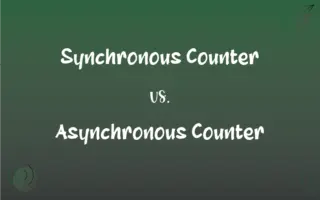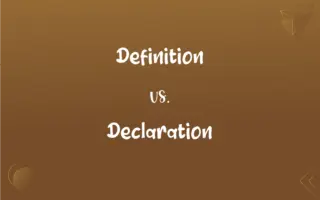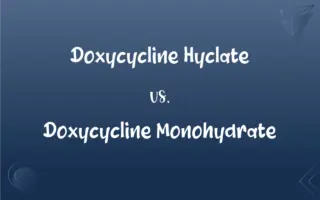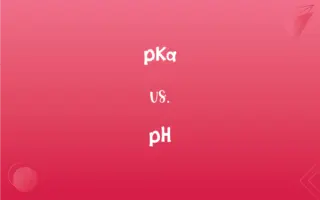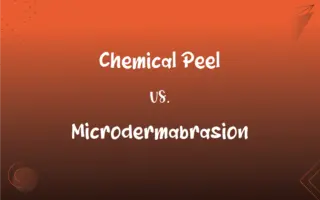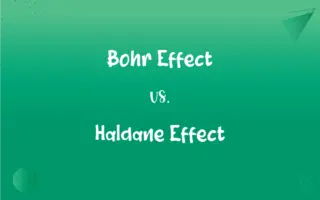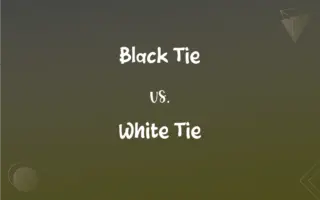Ozonification vs. Ozone: What's the Difference?
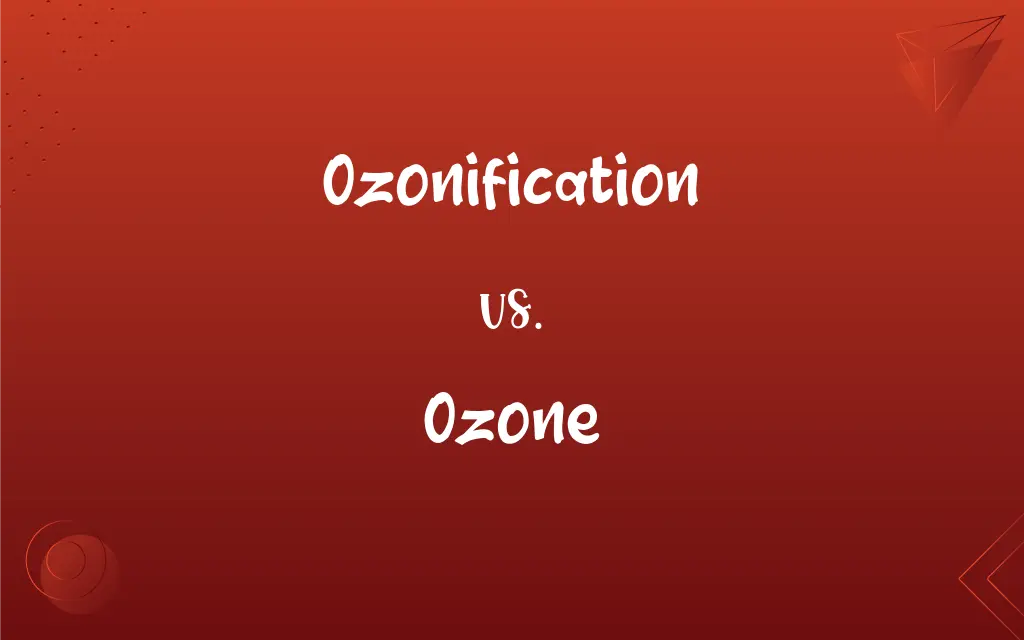
Ozonification and Ozone Definitions
Ozonification
(chemistry) The process of producing, or of subjecting to the action of, ozone.
Ozone
An unstable, poisonous allotrope of oxygen, O3, that is formed naturally in the ozone layer from atmospheric oxygen by electric discharge or exposure to ultraviolet radiation, also produced in the lower atmosphere by the photochemical reaction of certain pollutants. It is a highly reactive oxidizing agent used to deodorize air, purify water, and treat industrial wastes.
Ozonification
The act or process of producing, or of subjecting to the action of, ozone.
Ozone
(Informal) Fresh, pure air.
Ozone
(inorganic chemistry) An allotrope of oxygen (symbol O₃) having three atoms in the molecule instead of the usual two; it is a toxic gas, generated from oxygen by electrical discharge.
Greenhouse gas
ADVERTISEMENT
Ozone
Fresh air, especially that breathed at the seaside and smelling of seaweed.
Ozone
(transitive) To treat with ozone.
Ozone
A colorless gaseous substance (O3) obtained (as by the silent discharge of electricity in oxygen) as an allotropic form of oxygen, containing three atoms in the molecule. It is a strong oxidizer, and probably exists in the air, though by the ordinary tests it is liable to be confused with certain other substances, as hydrogen dioxide, or certain oxides of nitrogen. It derives its name from its peculiar odor, which resembles that of weak chlorine.
Ozone
A colorless gas (O3) soluble in alkalis and cold water; a strong oxidizing agent; can be produced by electric discharge in oxygen or by the action of ultraviolet radiation on oxygen in the stratosphere (where it acts as a screen for ultraviolet radiation)


















































